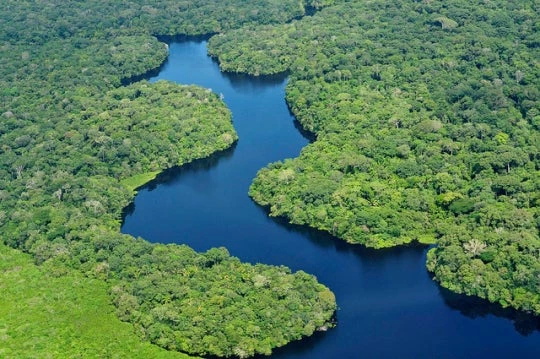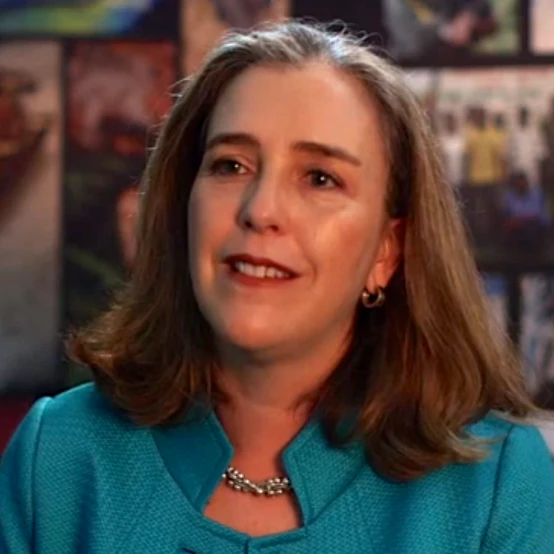
(Photo by Neil Palmer/CIAT via Flickr).
In my lifetime, I have seen waters that were teeming with multi-colored fish, turn dead like an empty aquarium. I have seen the streets of Bogota, my home town, lose thousands of trees in a matter of years.
It’s tempting to feel demoralized. But as the world’s protected area specialists, conservationists and decision makers gather in Sydney, Australia, this week for the World Parks Congress, there is also much to hope for.
Since the last Congress was held 11 years ago in Durban, South Africa, we’ve made tangible progress—the number of protected areas has doubled, and now cover around 15% of the planet’s land and 3% of its ocean. The World Bank contributed to these gains with numerous projects that helped establish and strengthen the financing and management of protected areas from the Brazilian Amazon, to coral reef areas in Indonesia, among other examples.
We’ve also made critical inroads in the way people think about nature. People are gradually realizing that the planet is their home and that they can—and indeed must—play an active part in its upkeep. This is not as obvious as it sounds, and much remains to be done.
As people move to cities and countries industrialize, we're seeing new generations lose the basic understanding of the connections between healthy ecosystems and the food and water they depend on to survive. (Ask a child today where chicken comes from, and you will likely be pointed to a supermarket cooler.) Wildlife, from elephants to humble pollinating bees, is also at risk of being treated as dispensable entertainment in zoos and documentaries, rather than essential ecosystem partners and neighbors.
Enter accountants as the unlikely heroes in the fight for nature conservation. Ten years ago, few people understood the concept of natural capital accounting. Today, there is growing demand for the type of work done by the Wealth Accounting and Valuation of Ecosystem Services (WAVES), for example: more and more countries are asking for help to evaluate their natural accounts (How much water do we have? What is happening to forest stocks?). More and more countries and private businesses are interested in going beyond GDP and net financial profit, to understand the long-term security of their growth and supply chains. Decision- and investment-makers are rediscovering that the health of natural assets underpins long-term wealth and wellbeing. At Sydney this year, much of the discussion is focused on the value of protected areas in a broader rural landscape and as an integral part of a functional economy that includes livelihoods, jobs and ecosystem services.
Awareness of climate change, which was minimal 10 years ago, has also helped focus people’s mind on the limited planetary resources. Programs seeking to reduce emissions from deforestation and forest degradation (REDD+) to mitigate climate change have opened the political space in many countries to discuss land use across sectors and negotiate ways to leave more forests standing. Extreme weather events have underscored the value of natural buffers such as coastal mangroves and forested hillsides for physical and economic resilience.
They say knowledge is power. Now is the time to turn understanding into action at all levels of society and across economic sectors. We have the opportunity to move environmental sustainability from a marginal ethical concern to a core part of development strategies, to put gains in water access, in food security, in transport and countless other areas, on a sustainable footing.
Although environmental trends seem daunting, many of the solutions are relatively mundane—from managing livestock to allow natural tree and grass regeneration, to protecting reefs that provide aquatic breeding grounds; from improving fishing practices, to enforcing environmental law and prosecuting wildlife crime; from zoning for more compact urban growth, to building rapid bus transit systems.
We live in the Anthropocene. Let’s stop pretending that arresting the degradation of the planet is someone else’s job.


Join the Conversation